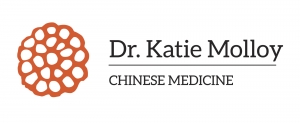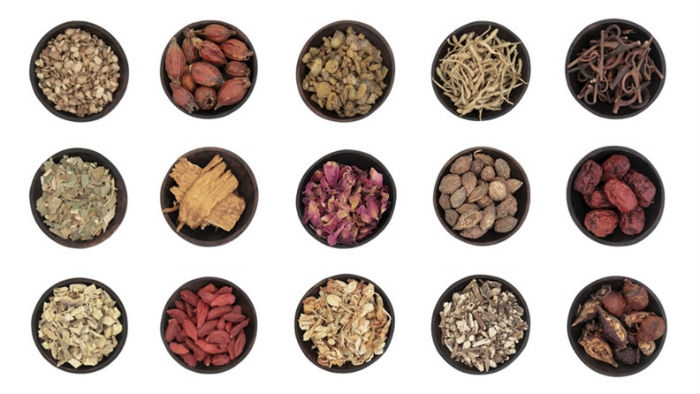Traditional Chinese medicine is a form of complementary health care that may assist in the treatment of conditions ranging from hay fever to lower back pain. Practitioners administering acupuncture and herbal medicine in Australia joined the National Register and Accreditation Scheme for Health Professionals in mid-2012. This is the same scheme that regulates medical practitioners, nurses, dentists, physiotherapists and osteopaths, among others. In order to administer acupuncture and Chinese herbal medicine to the general public, individuals must be registered with the Chinese Medicine Board of Australia (CMBA).
Based on over 5,000 years of clinical experience, the Chinese medicine practiced in Australia today has evolved with modern medicine. The Acupuncture Evidence Project, published in 2017, found evidence for the effectiveness of acupuncture for 117 conditions. It also found acupuncture to be considered a safe treatment modality in the hands of a trained professional.
Conditions with strong evidence supporting the effectiveness of acupuncture include:
– Allergic rhinitis (hay fever)
– Knee Osteoarthritis
– Chronic Lower Back Pain
– Headache (tension type and chronic)
– Migraine prevention
– Postoperative pain
– Postoperative nausea and vomiting
– Chemotherapy induced nausea and vomiting.
Some of the conditions with moderate evidence supporting the effectiveness of acupuncture include:
– Anxiety
– Insomnia
– Labour pain
– Menopausal hot flushes
– Stroke rehabilitation
– Smoking cessation
– Cancer-related fatigue
– Asthma in adults
– Sciatica
– Constipation
Being a holistic modality of healthcare, Chinese medicine places as much emphasis on disease prevention as on treatment.
It should be noted that a lovely side effect of treatment is that it is very relaxing. Most patients leave the clinic feeling calm and centred, with a greater capacity for looking after their own health.







